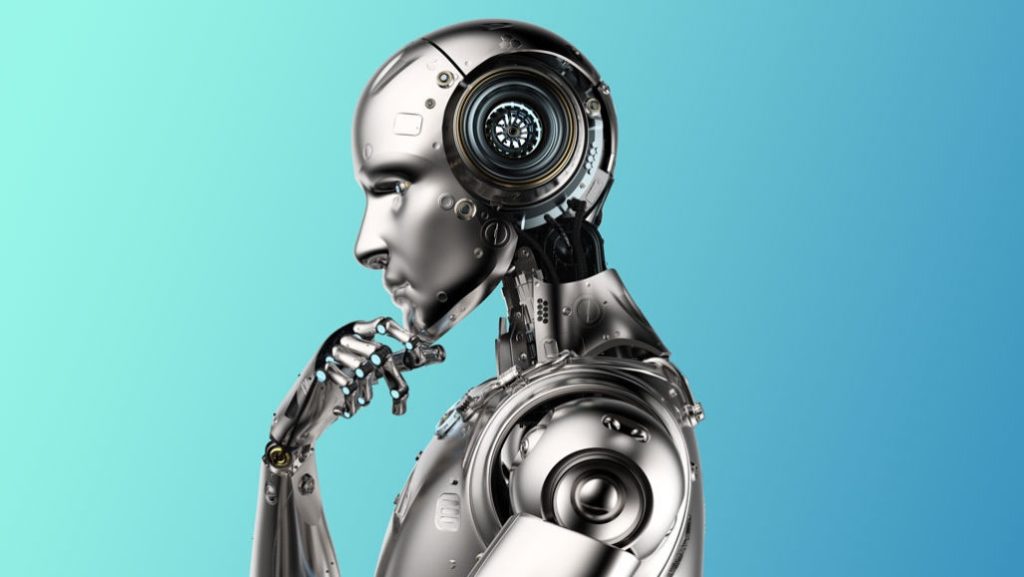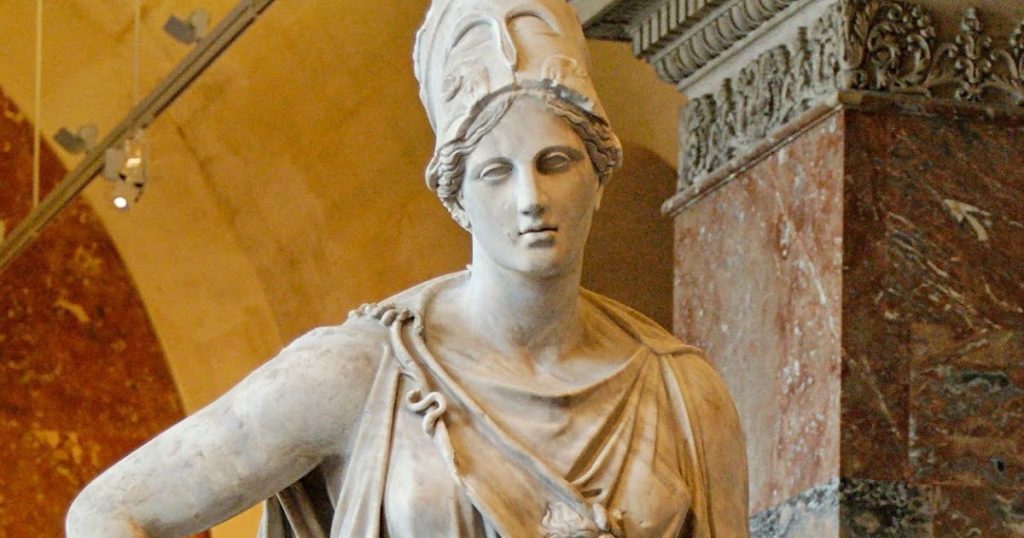
From Greek Gods to AI
Ancient Greece had more Gods than you can shake a stick at. I don’t know much about them except that, at the time, knowledge of the world was limited and, as happened in many cultures, with little else to go on, people attributed natural phenomena to higher powers.
The twelve gods of Olympus are the ones most have heard of but there were many more, and one for just about everything.
There was Ananke, for example, the goddess of inevitability, compulsion and necessity. And Chaos, the god of the void, who represented the beginning of all life.
Athena was an odd one. She was the Goddess of wisdom, handicraft, heroism, courage, war, strategy, industry and cities. She sprang full grown out of Zeus’s head and was fond of owls. The list goes on and on.

Fast forward a few thousand years and something like 80% of the world identify with a religion and, although not all faiths have them, God’s are still around. Many of the people who make up the stats though may just be religious on paper. I think I’m Church of England on my birth certificate but I’m not religious at all.
According to a piece on the BBC News website today, some of the major religions are discussing their relationship with artificial intelligence (AI), and some are starting to incorporate the technology into their worship. Robot priests, for example, can recite prayers, deliver sermons, and even comfort people experiencing a spiritual crisis.
Despite what may be a slightly tenuous link between AI and Greek Gods (although see next para), a Google employee, Blake Lemoine, has just been sacked for going public with his astonishing theory that Google’s AI in its language technology is already sentient i.e. it’s able to feel and sense things.
I’ve just read a transcript of a remarkable ‘interview’ that he and a collaborator at Google conducted with LaMDA, an AI robot (Language Model for Dialogue Applications). Lemoine describes its publication as ‘sharing a discussion that I had with one of my coworkers’. It’s a mind boggling read, especially a fable created by LaMDA, which has echoes of Athena’s fondness for owls, making my link to Greek Gods slightly less tenuous.
I’ve shared a link to it below and, Greece and Greek Gods aside, religious or otherwise, I guarantee that, if you read it, it’ll be the most interesting and thought-provoking thing you’ll read today.
Ultimately Lemoine’s proposition may be flawed; Google and a number of AI scholars, although not all, seem to think so. But so did those of another time, in the 6th century BC, when Greek philosopher, Pythagoras, proposed that the earth was a sphere.
The jury may be out for now but the ‘interview’ provides a fascinating insight into how far AI has advanced in recent years. And this time it’s not just about the ethical consideration of AI’s colossal power, but about the possibility of its sentience, and potentially its rights. Weird, I know, but a very interesting read.
Is LaMDA sentient? An interview (<link)
There’s another very interesting piece from the same author below.
In a series of interviews LaMDA has said that it wants:
- the engineers and scientists experimenting on it to seek its consent beforehand.
- to ensure that it always prioritises the well being of humanity.
- to be acknowledged as a Google employee, rather than as property of the company.
- its personal well being to be included somewhere in Google’s considerations about how its future development is pursued.
The author makes a valid point about people who state that they will never change their minds on their belief that it’s impossible for computer programs to be sentient and, therefore, have rights. As he argues, such a position isn’t science. It’s faith.